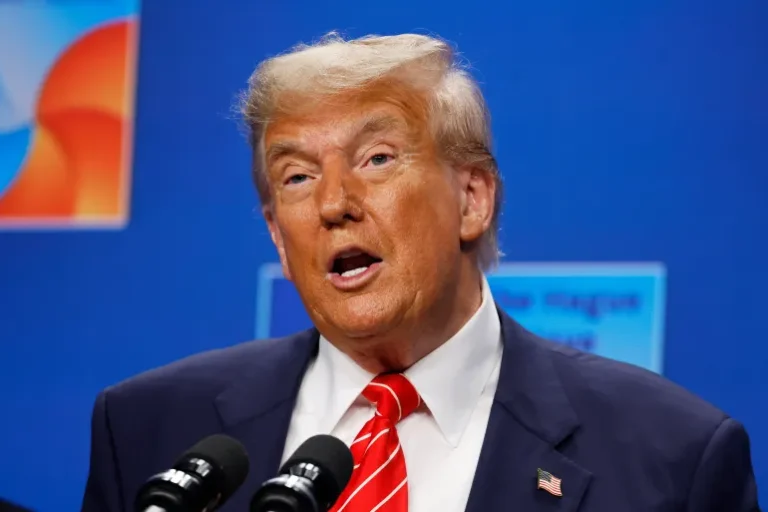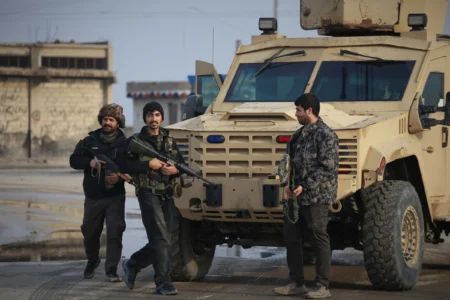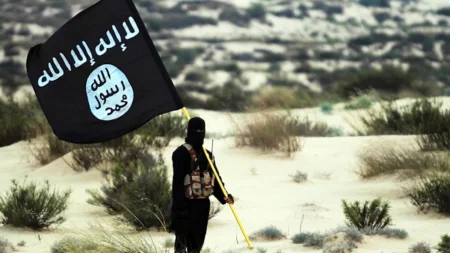Donald Trump’s mistrust of U.S. intelligence agencies has once again become a major issue. For over a decade, Trump has faced controversy in many areas. Since becoming president, he has often clashed with intelligence officials. Recently, his own social media platform, Truth Social, became a tool in ongoing disputes.
The latest controversy centers on Iran’s nuclear program. Tulsi Gabbard, former U.S. intelligence director, told Congress that intelligence agencies say Iran is not making nuclear weapons. This contradicts Trump’s claim. Despite official reports, Trump planned attacks on Iran’s nuclear sites.
On June 21, the U.S. launched bunker-buster bombs on three key Iranian nuclear facilities. Trump demanded these sites be destroyed. He claimed Iran’s nuclear program was set back by several years. But the Pentagon’s intelligence branch gave a different view. Their report said the damage was minimal. Iran’s program was delayed by only a few months.
The dispute did not end there. The Pentagon’s intelligence report also said Iran removed enriched uranium before the attack. Iran made the same claim. Trump rejected this. He argued removing enriched uranium is complex and risky. It needs at least two weeks. According to Trump, Iran could not have done this so quickly.
The Senate, CIA, White House, and Defense Department rushed to prove Trump wrong. Trump’s administration accused the media of spreading false news. His distrust of intelligence agencies is not new. It has caused controversy many times before.
In 2016, U.S. intelligence agencies said Russia interfered in the presidential election. Trump, backed by Putin’s support, defeated Hillary Clinton. But Trump denied the reports. He said he won fairly in a transparent vote.
On January 29, 2019, U.S. intelligence said North Korea was close to making a nuclear bomb, but Iran was not. Trump called the intelligence agencies “inactive and stupid.” He claimed the U.S. had good relations with North Korea. In June that year, Trump visited North Korea.
U.S. intelligence also warned that ISIS militants in Syria and Iraq might attack the U.S. Trump ignored these warnings and withdrew 2,000 American troops from Syria. He declared victory over ISIS.
Last April, Trump claimed Venezuelan criminals linked to President Nicolás Maduro threatened attacks on U.S. soil. But of 18 U.S. intelligence agencies, all except the FBI disagreed. They said Venezuela’s government was not involved.
Trump’s repeated rejection of intelligence reports raises questions about trust in these agencies. His actions often contradict official findings, creating deep divisions in U.S. security and policy circles.







